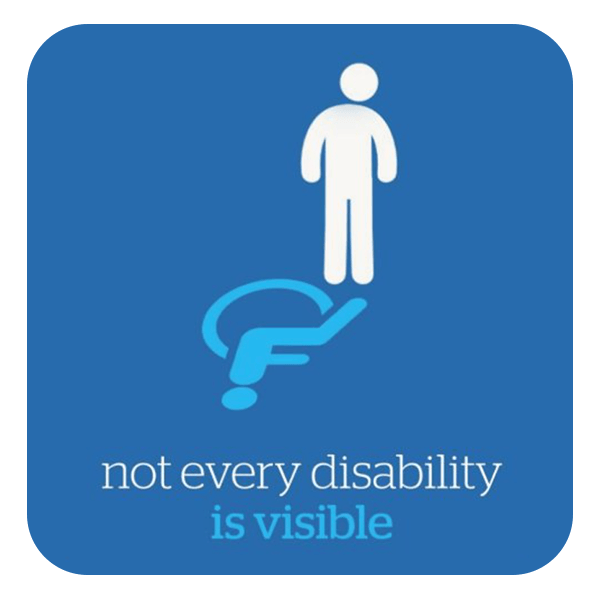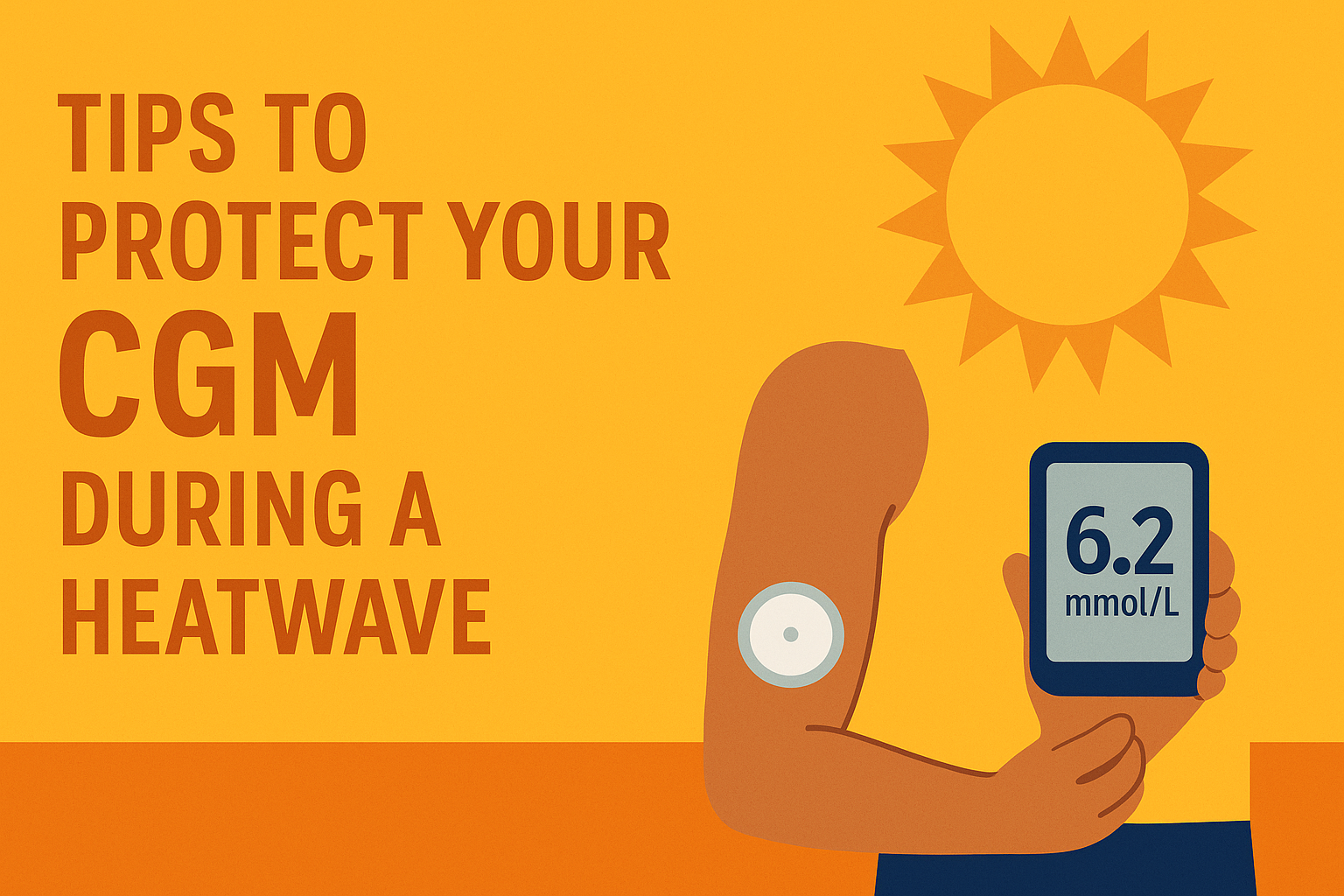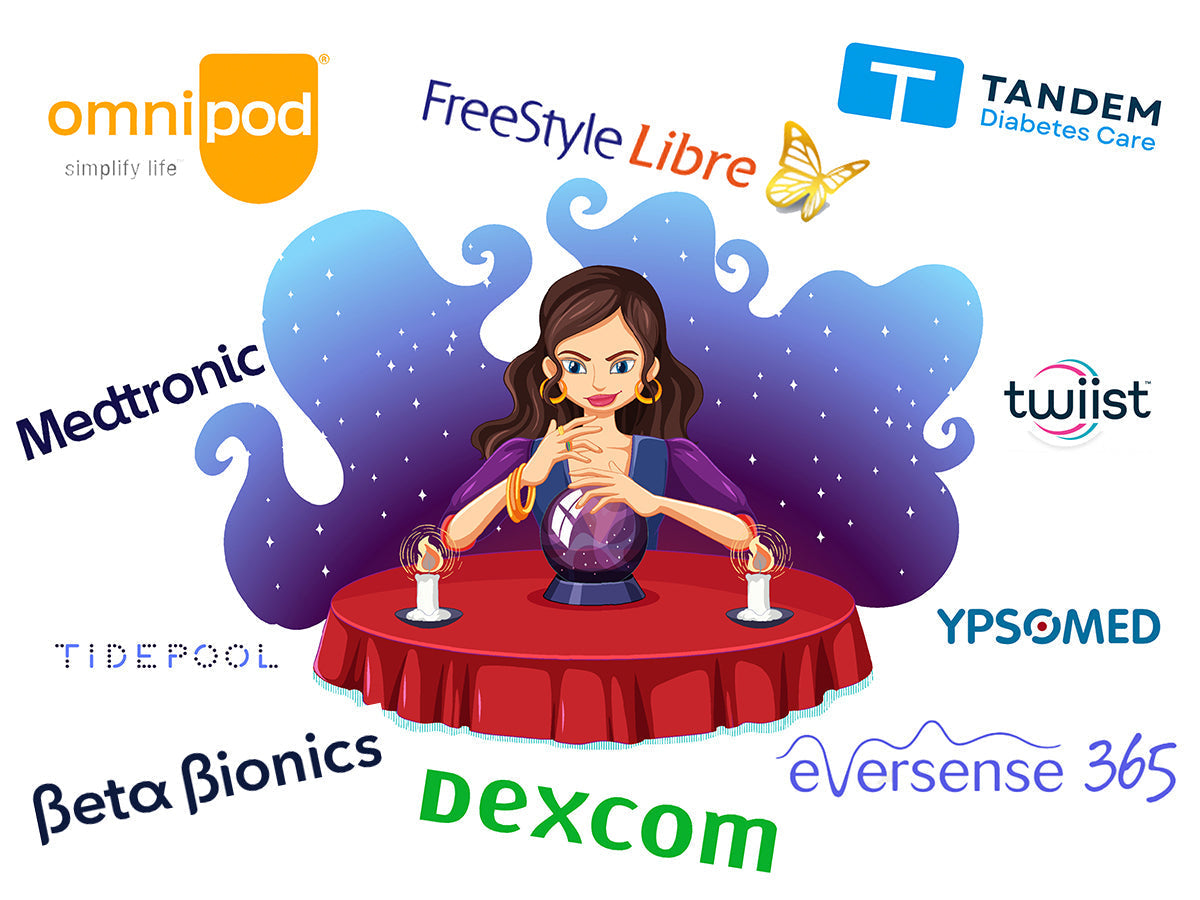
| Blogs and publications on this website are independent of any involvement by medtech companies or diabetes related charities. To ensure there is no bias, we do not accept any products, freebies or other material from any medtech provider. All materials are copyright©️Love My Libre Ltd. |
***
Some time ago now, I worked this out. It’s not something I’m proud of and is actually a fact I didn’t admit to until recently, having a reality check as to where I stand in the hierarchy for a Covid-19 vaccination.
If you’ve been told the news that you’re 'diabetic' – and hopefully they didn’t use that term as it’s not really acceptable these days, but essentially amounts to the same thing – then management of your long-term condition with insulin means that you meet the definition of having a disability under the Equality Act 2010[1].
| “A person has a disability if he or she has a physical or mental impairment and the impairment has a substantial and long-term adverse effect on his or her ability to carry out normal day-to-day activities.” |
Some describe a diagnosis of diabetes as “devastating” and this can often be the word used by parents at hearing of their child’s newly attributed condition. But “disability” is sometimes lost in all the information that we’re overloaded with and what this actually means in everyday life.
The first thing to say is that ‘control’, management, treatment and accessibility relating to diabetes have moved on enormously since the days when those with diabetes were prescribed ‘rules’ that told us what we could and couldn’t do, or eat. And med-tech such as the Libre sensor has moved things on even further and will continue to do so at a pace.
A recent story by a type 1 that I follow on Insta posted that there are no benefits to having diabetes and whilst true – apart from possibly getting free fast-track passes at certain theme parks - there are ways of turning the diagnosis of diabetes into a positive. There are several celebs and sports stars with the condition who actually embrace their diabetes management and take it as an opportunity to hone their skills to gain a competitive advantage.
The professional cyclist Sam Brand (Team Novo Nordisk), recently told the diabetes charity JDRF“It has given me a community, a family, and something to fight for. I want to use it as a positive, always”.
Singer Amelia Lily has also mentioned community in her support for fellow type 1s “it’s ok to have a bad day but trust me you are stronger than this”.
When it comes to work, a question that often comes up at the application stage is whether to tell the employer that you have a disability. Many type 1s, especially if their condition is stable, are unlikely to tick the box for ‘has a disability’. This is understandable as if there aren’t any complications or other factors then many will feel that they don’t actually have a disability, so why stand out and open yourself up to prejudice and potentially discrimination?
But being secretive about your condition can lead to other problems when it comes to managing the day-to-day trials of diabetes. Although telling an employer can invoke a fear that it will be seen as a weakness, the irony is that equality law[1] means that you will be protected from discrimination when the employer knows – or reasonably ought to know – that you have a protected characteristic i.e., disability. It also means that you can ask for ‘reasonable adjustments’ to be made, so that you have “the opportunity to do your job as effectively as others”[1]. The type of changes could be physical, relate to company policies or procedures, or your job description. Some of the types of changes that you could request are listed here:
Examples of reasonable adjustments:
- Flexibility around breaks, start/finish times, or shift times
- Extra time at the beginning of a break to check glucose levels and administer insulin
- Time to recover when having/recovering from a hypo
- Providing a clean, private place to administer insulin and deal with emergencies (i.e. treat for hypos)
- Time off for hospital/medical appointments
- Adjusted performance targets/KPIs
- Access to smartphone for scanning Libre sensor
So, it can be in our interest to tell our employer and open up a discussion about the management of your condition.
Being diagnosed with type one diabetes doesn’t mean that you will be entitled to a blue badge for parking, a common misconception, but it shouldn’t mean that you put at a disadvantage in life because of your condition. Sometimes we refer to those without diabetes as ‘normal’ or imply this through the terminology we use in managing our condition. It appears that we can’t help but make comparisons for what is actually a very individual condition. Managing diabetes is absolutely a challenge and one that has to be worked at every day. It is relentless and easily consuming. But I believe that we can be and are ‘normal’.
So, I’ll make the declaration and tick that box - I have a disability. it doesn’t define me and it doesn’t make me weak or needy. In my life with diabetes, there are no limitations!
[1] Equality Act 2010. Applicable in England and Wales.
_____________________________
Other articles on the subject of employment law and diabetes that may be of interest:





Leave a comment (all fields required). Please note, we are unable to respond to individual comments posted here.